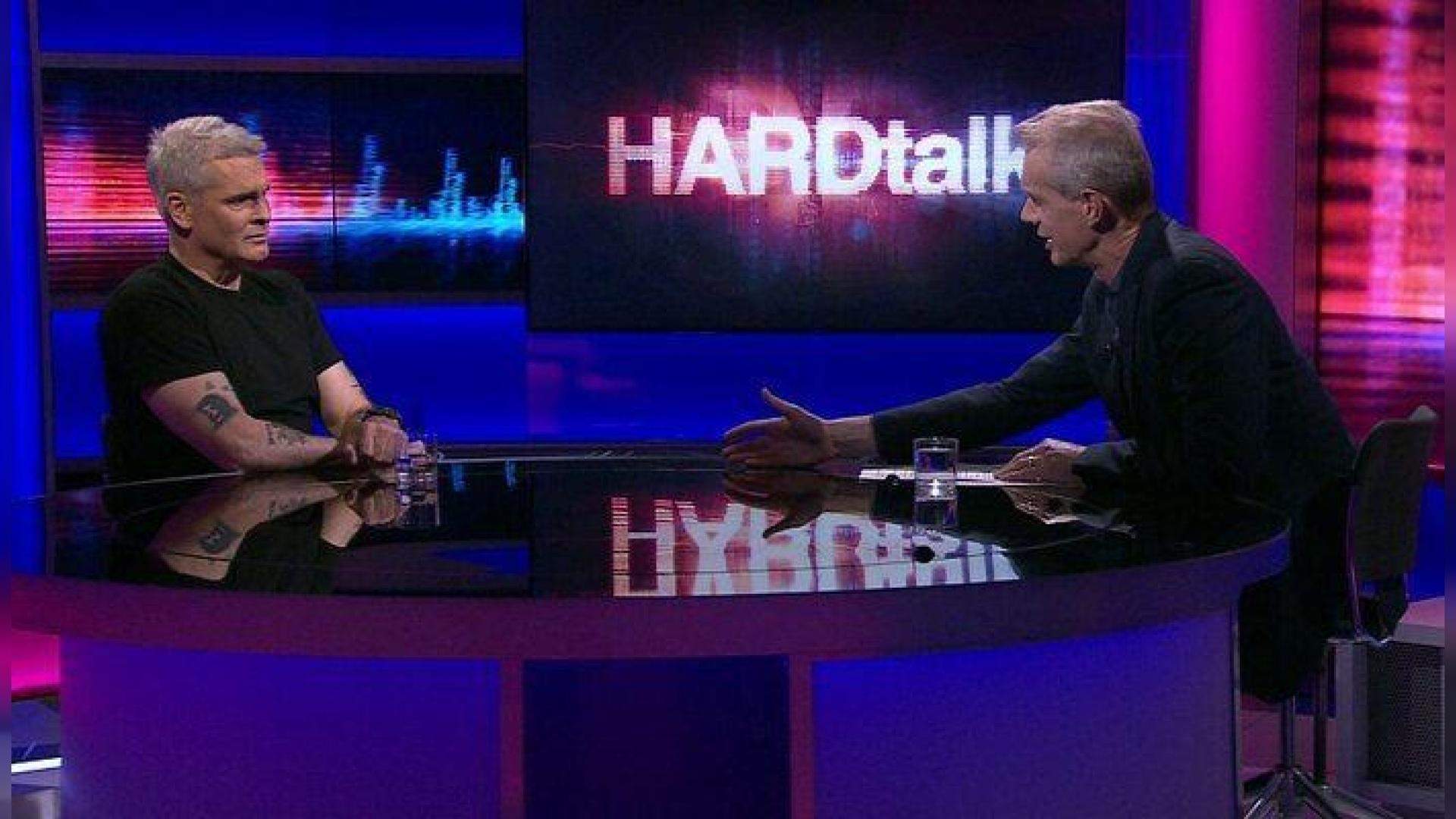The news about the closure of the HARDtalk program on the BBC News channel came as a real shock to many viewers and fans of tough journalism. For three decades, this program was known for asking difficult and uncomfortable questions to political leaders and important figures on the international stage.
The closure of HARDtalk symbolizes the loss of an important platform where show guests were forced to answer questions without evasion, which became a key feature of the program. The program held a central place among political discussions on television, and its host Stephen Sackur has been recognized for his skill in conducting interviews.
Host Stephen Sackur’s Reaction
Stephen Sackur himself expressed his disappointment with this decision. He called it “a loss not only for BBC but for the public as a whole.” For many fans of the program, the closure has become a symbol of moving away from tough journalism that is willing to ask difficult questions.
“This is a depressing piece of news for all of us. HARDtalk was not just a program; it was a platform where the most important issues could be discussed, and now this voice will no longer be heard on air,” Sackur stated.
Reaction on Social Media
It is not surprising that the program’s closure has sparked a wave of outrage on social media. Users on Twitter are expressing their disagreement with the BBC‘s decision en masse. Many are calling it a blow to independent journalism, which has always aimed to ask uncomfortable questions to those in power. Some posts even suggest that this may indicate a crisis within BBC itself, gradually reducing the number of critical and independent programs.
Why Is This Important?
Closing HARDtalk is not just the disappearance of one of many programs. It can signify a change in the approach to journalism, with soft interviews and entertaining formats taking the forefront, rarely posing tough questions to politicians and business leaders. In an era where control over power becomes increasingly important, the closure of programs like HARDtalk can be a worrying signal for society.
In a world where freedom of speech and independent journalism face constant challenges, such programs remain extremely important. They provide the opportunity for the public to get honest answers to difficult questions, rather than just listening to speeches that look like prepared PR campaigns.
The Future of Independent Journalism
The closure of HARDtalk raises questions about the future of independent journalism in a world where media often become hostages of financial interests or political pressure. This decision can be seen as a retreat from sharp and important journalism in favor of safer formats that may not always challenge the actions of government structures.
However, public reaction suggests that there is a demand for tough interviews and truthful conversations. Perhaps the closure of HARDtalk will stimulate the emergence of new platforms or programs that will continue the work of Stephen Sackur and his team, asking tough questions and holding politicians and other influential individuals accountable for their actions.
The closure of HARDtalk after thirty years on air is an important event that has drawn public attention to the issue of shrinking independent media projects. The program was a symbol of honest and hard-hitting journalism, and its departure leaves a significant vacuum in the media space.


